Dotson Healthcare Institute
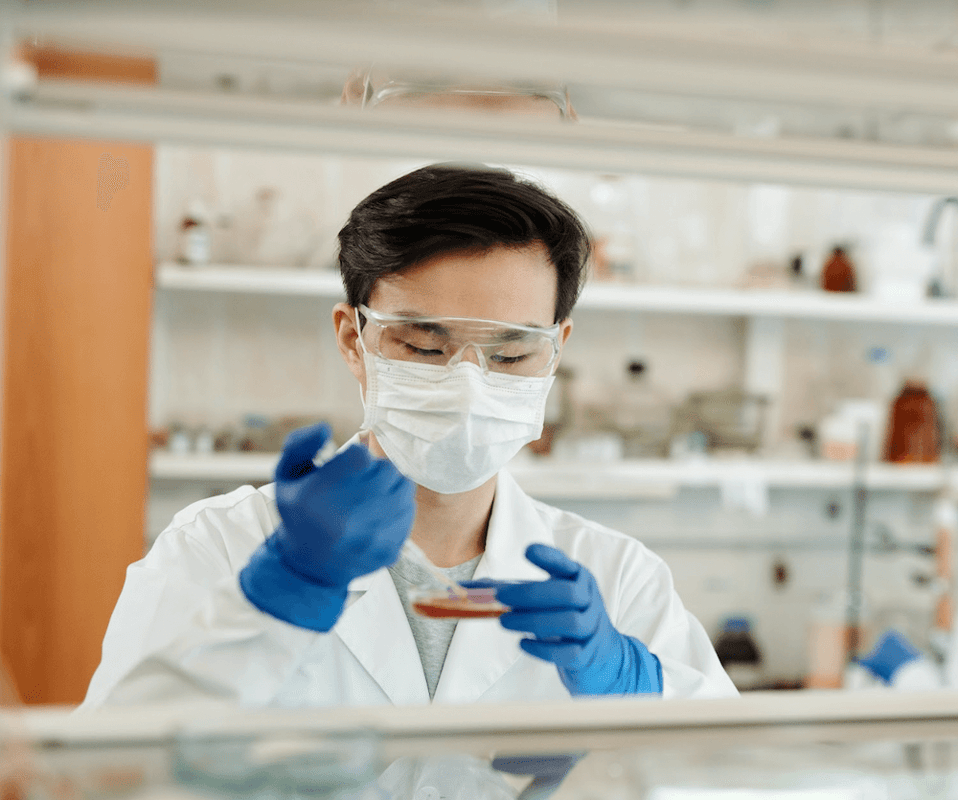
Classes from DHI
Sterile Processing Tech Program

Surgical instruments and other equipment used in healthcare settings are organized and prepared by sterile processing technicians also known as Central Service Technicians. Cleaning, examining, sterilizing, storing, testing, and distributing medical instruments needed in surgery and other treatments are among their responsibilities. Patient safety depends on the work of a sterile processing technician. Scalpels and endoscopes are only two examples of the many various kinds of surgical instruments, and sterile processing experts make sure they are clean, in good functioning order, and ready for surgery at a moment's notice. To successfully operate on a patient, surgeons rely on having sterile, functional equipment at their disposal. Technicians in sterile processing handle that crucial task.
Esthetician Program
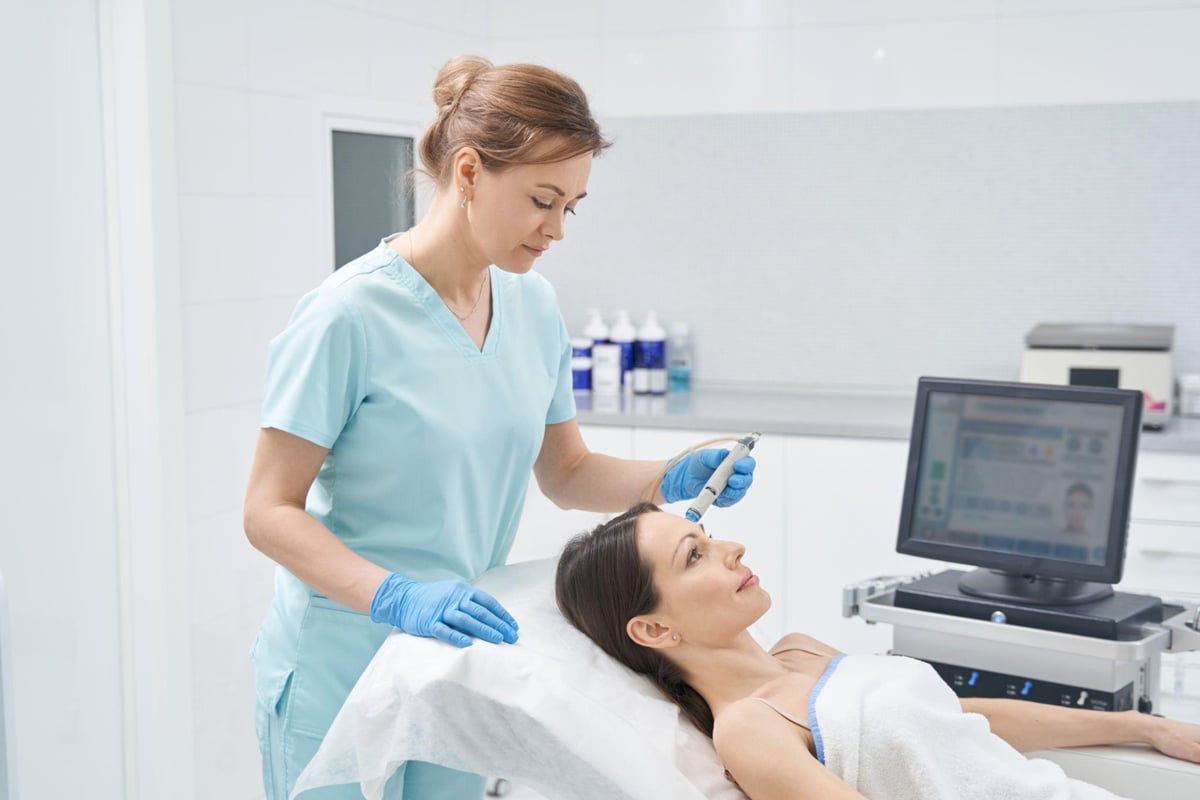
An Esthetician is a professional who specializes in providing skincare treatments to enhance the appearance and health of a person's skin. They are trained in various techniques and services, such as facials, exfoliation, hair removal (like waxing or threading), microdermabrasion, chemical peels, and the application of makeup. Estheticians may also offer advice on skincare products and routines. While their focus is mainly on cosmetic and non-medical treatments, they are trained to recognize certain skin conditions and can often refer clients to dermatologists if necessary. Some estheticians may work in spas, salons, dermatology offices, or even in medical settings like plastic surgery clinics.
Nurse Aide Training Program

This course consists of 100 total hours which includes 60 hours of classroom instruction/lab and 40 hours clinical/skills training. A nursing assistant or nurse aide, assists patients with daily activities, maintains patient hygiene and serves a vital role on the healthcare team. As a NAs offer patients compassion and patience while assisting them with tasks such as dressing, bathing and feeding. NAs will be responsible for documenting any care that is given and reporting significant changes to the nursing staff. This course sets the foundation for individuals who are seeking to further their career in the Healthcare field. We provide students with the education and skills to effectively communicate, interact, and assist patients/residents with their activities of daily living (ADLs) while promoting independence and patient rights. Students will also learn CPR, obtain vital signs, apply the elements of basic nutrition in meal planning, and follow infection prevention measures. The skills learned are the provisions of basic care primarily in long-term care facilities and other healthcare entities.
Medication Aide Program
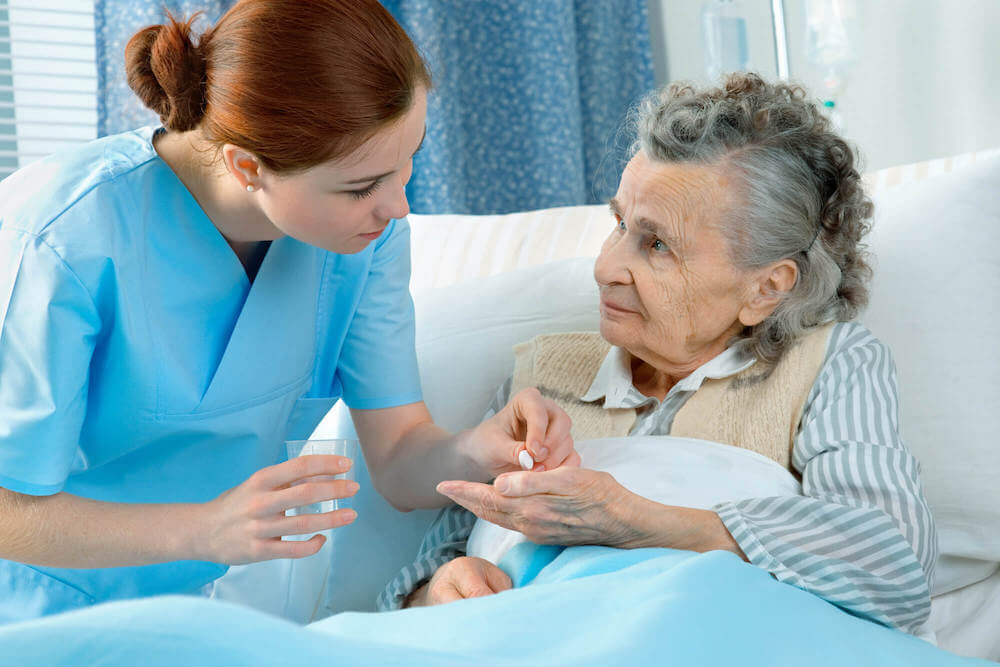
A person permitted by Texas Health and Human Services (HHS) to administer medications to residents in nursing facilities, intermediate care facilities for individuals with an intellectual disability or related conditions, correctional institutions, and assisted living (personal care) facilities. To be a medication aide in a licensed Texas facility, you must read, write, speak and understand English, be at least 18 years old, be free of communicable diseases, and in suitable physical and emotional health to safely administer medications, and be a high school graduate or have a GED. Applicants must be employed as certified nurse aides listed on the Texas Nurse Aide Registry in active status and currently employed in a facility licensed under Texas Health and Safety Code Chapter 242 on class start date or employed on class start date as non-licensed direct care staff in a facility licensed under Chapter 247; a state supported living center or ICF/IID and have 90 days previous employment in the year preceding the class start date. You must successfully complete the medication aide training program, which includes 100 hours of classroom instruction and training, 20 hours of returned skills demonstration laboratory, and 10 hours of clinical experience, including clinical observation and skills demonstration under the direct supervision of a licensed nurse in a facility, and 10 hours in a return skills demonstration laboratory. You also must take the medication aide examination, which consists of 100 multiple-choice questions that cover your knowledge of accurate and safe drug therapy.
Nurse Aide, Phlebotomy & EKG Bundle
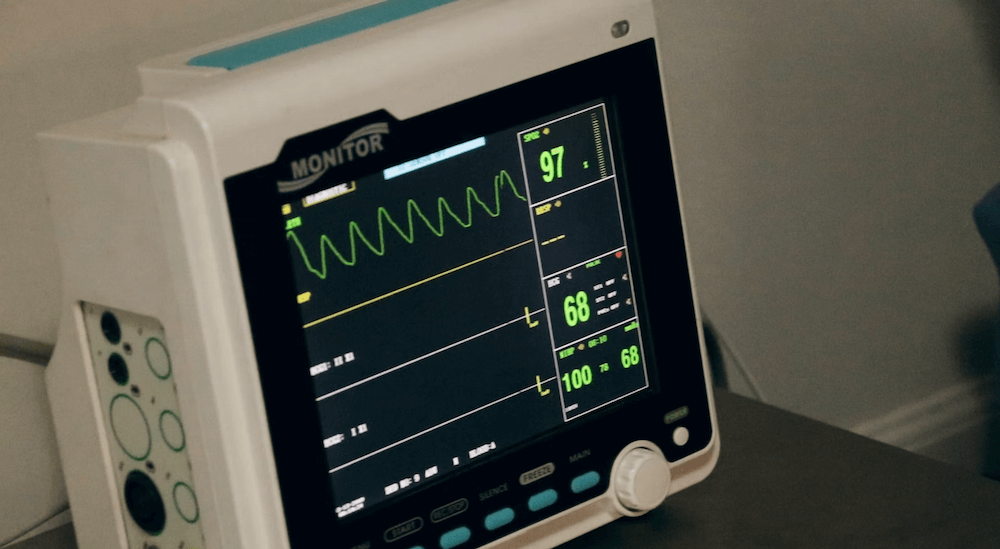
This Nurse Aid course consists of 100 total hours which includes 60 hours of classroom instruction/lab and 40 hours clinical/skills training. A nursing assistant or nurse aide, assists patients with daily activities, maintains patient hygiene and serves a vital role on the healthcare team. As a NAs offer patients compassion and patience while assisting them with tasks such as dressing, bathing and feeding. NAs will be responsible for documenting any care that is given and reporting significant changes to the nursing staff. This course sets the foundation for individuals who are seeking to further their career in the Healthcare field. We provide students with the education and skills to effectively communicate, interact, and assist patients/residents with their activities of daily living (ADLs) while promoting independence and patient rights. Students will also learn CPR, obtain vital signs, apply the elements of basic nutrition in meal planning, and follow infection prevention measures. The skills learned are the provisions of basic care primarily in long-term care facilities and other healthcare entities. This Phlebotomy course includes didactic and clinical/skills training. The primary function of a Phlebotomist, also known as a Phlebotomy Technician, is the collection of blood samples from patients by venipuncture or microcollections. Students will also learn the techniques of collecting other samples including bodily fluids. The education and skills learned will allow students to obtain positions at labs, hospitals and other clinical settings. This EKG course includes didactic and skills training. As an EKG Tech, you will be testing the electronic activity of the heart through small electrode patches attached to the body — you'll be making a life-changing difference, helping people of all ages prevent and treat heart disease. As an EKG tech, you may perform some or all of the following tasks: Set up and administer EKGs (electrocardiograms) and stress tests, Prepare patients for Holter or ambulatory monitoring, Edit and deliver final test results to physicians for analysis, Schedule appointments, Transcribe physicians' interpretations.
Hybrid Phlebotomy Classes

Phlebotomy Training Program at Dotson Healthcare Institute
Dotson Healthcare Institute offers flexible and comprehensive phlebotomy training programs designed to equip students with essential skills for a rewarding healthcare career. Emphasizing competence, compassion, and commitment, the institute provides a unique learning environment as an approved Prometric Testing Center, allowing for convenient on-site certification. Whether you seek a quick skill enhancement or in-depth training, these programs cater to diverse needs, preparing you to confidently enter the healthcare field and make a significant impact through efficient and skilled phlebotomy practice.
Program Details:
- Cost: $1,000 for the 6-week Traditional Course; $500 for the 1-weekend Accelerated Course
- Duration: Accelerated Phlebotomy Course is 20 hours long; Traditional Phlebotomy Course is 6 weeks long.
- Schedule: Traditional Phlebotomy Course offered in-person and hybrid formats; Accelerated Phlebotomy Course is likely in-person.
- Prerequisites: High school diploma or GED, government-issued photo ID, completed registration form with payment, and willingness to participate in hands-on clinical training.
- Accreditations: Approved Prometric Testing Center.
- Career Outcomes: Unknown
Hybrid Medication Aide Classes

The Medication Aide certification program at Dotson Healthcare Institute is a comprehensive training program designed to prepare students to administer medication to patients in a safe and effective manner. The program covers topics such as medication administration procedures, common medications, and medication safety precautions. Upon completion of the program, graduates are qualified to work in a variety of healthcare settings as a medication aide.
Hybrid Certified Nursing Assistant Classes

The Certified Nursing Assistant (CNA) class at Dotson Healthcare Institute in Houston is a comprehensive program designed to prepare students for a career in the healthcare industry. The program consists of both classroom instruction and hands-on training. Students learn about the fundamentals of patient care, safety and infection control, medical terminology, basic anatomy and physiology, and communication skills.
In person Electrocardiogram (ECG/EKG) Classes

Dotson Healthcare Institute is known for its outstanding training programs, including a program focused on Electrocardiogram (ECG/EKG) certification. This course delivers crucial medical knowledge, combining a robust syllabus with practical learning to shape competent and expert healthcare professionals. The Institute ensures top-tier teaching quality, thanks to knowledgeable tutors who bring their extensive healthcare backgrounds. The intricate and comprehensive content urges solid involvement from learners, enhancing their critical thinking skills. The study material consists of diverse sentence arrangements and unique subject-based data, keeping students engaged. State-of-the-art lab spaces offer perfect settings for learning and mastering complex EKG operational skills. The program aligns with the harsh realities of healthcare, centering on emergency response, ethical duties, and patient care. Dedicated mentoring by the Institute ensures continued course guidance and backup. Upon finishing, students are perfectly positioned for successful roles as EKG technicians.
In person CPR / Basic Life Support Classes
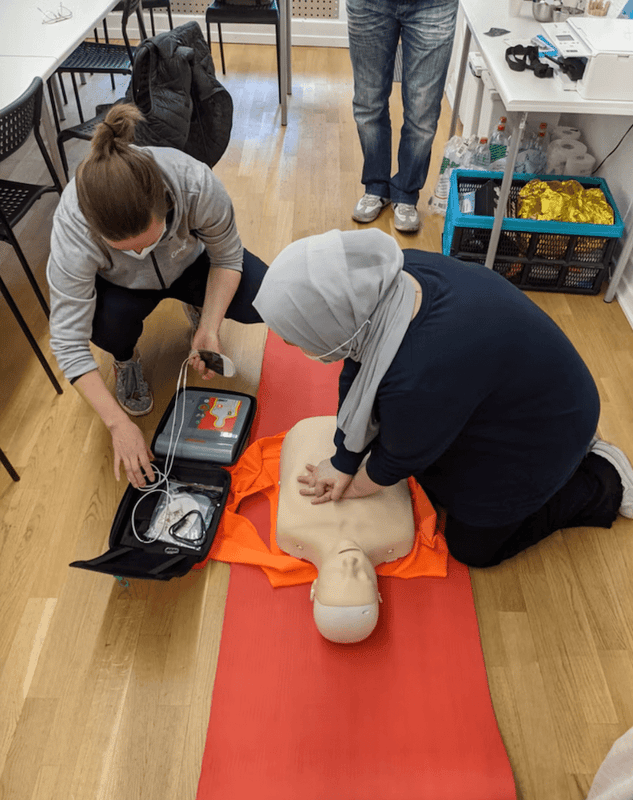
Dotson Healthcare Institute offers a comprehensive CPR/Basic Life Support certification program for individuals seeking well-structured, hands-on training. The course covers key topics such as airway management, cardiopulmonary resuscitation, defibrillation, and medical emergency response. The program is designed to equip learners with the skills and confidence needed to save lives in emergency situations.
About school
Dotson Healthcare Institute
Dotson Healthcare Institute, founded and headquartered in Houston, Texas, US, is a healthcare education provider specializing in training programs such as accelerated and traditional phlebotomy courses, nurse aide training, medication aide training, and IV certification. The institute emphasizes competence, compassion, and commitment in its teaching approach, aiming to educate, train, and empower individuals to become exceptional healthcare leaders. It offers in-person and hybrid options and serves as an approved Prometric Testing Center, allowing students to learn and test on-site.
Highlights:
- Combines comprehensive healthcare training with a strong emphasis on competence, compassion, and commitment
- Approved Prometric Testing Center where students can both learn and test
- Offers flexible phlebotomy training options, including a 20-hour Accelerated Course and a 6-week Traditional Course
- Provides comprehensive training designed to equip students with essential phlebotomy skills efficiently and flexibly
In the Houston, TX area
14300 Cornerstone Village Drive, Houston, TX 77014